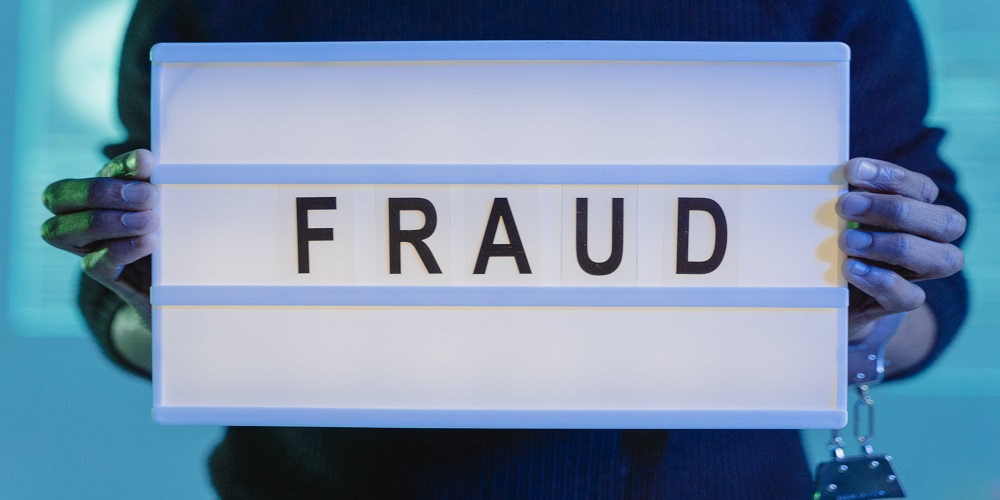Fraud is a type of white-collar crime that encompasses any illegal activity in which someone deceives another person to gain a financial or another advantage.
There are many types of fraud, but some of the most common include identity theft, insurance fraud, credit card fraud, and investment fraud.
If you think you may have been the victim of fraud, you should take some essential steps to protect yourself and your finances.
In this blog post, we’ll cover what fraud is, how to know if you’ve been the victim, and what you can do about it.

What is Fraud?
Fraud is an illegal activity in which someone deceives another person to gain a financial or another advantage. There are many types of fraud, but some of the most common include identity theft, insurance fraud, credit card fraud, and investment fraud.
How Do You Know If You’ve Been a Victim of Fraud?
If you suspect that you have been the victim of fraud, there are some essential steps you should take immediately to protect yourself. These steps include:
- Checking your credit report for unusual activity
- Notifying your bank or credit card company
- Filing a police report
- Contacting the Federal Trade Commission
You should also keep detailed records of all correspondence related to the fraud, including dates, times, and names of any individuals you spoke with.
This documentation will be vital if you decide to take legal action against the person or company who defrauded you.
What Are the Different Types of Fraud?
There are many different types of fraud, but some of the most common include the following:
- Identity Theft: This type of fraud occurs when someone uses your personal information, such as your social security number or date of birth, without permission to obtain credit, loans, or other benefits.
- Insurance Fraud: This fraud occurs when someone files a false claim to receive payment from an insurance company.
- Credit Card Fraud: This fraud occurs when someone uses your credit card without permission to make purchases or obtain cash advances.
- Investment Fraud: This type of fraud occurs when someone illegally receives money from investors by promising them unrealistic returns on their investment.
What Are the Consequences of Committing Fraud?
The consequences for committing fraud vary depending on the severity of the crime and the jurisdiction in which it was committed. In general, the penalties for committing fraud include fines, jail time, and restitution (i.e., repayment of money that was illegally obtained).
How to Protect Yourself from Becoming a Victim of Fraud? There are some important steps you can take to protect yourself from becoming a victim of fraud, including:
- Checking your credit report regularly for unusual activity
- Keeping your personal information safe and secure
- Being careful about who you give your personal information to
- Reviewing your bank and credit card statements carefully for unauthorized charges
What To Do If You Think You’ve Been a Victim Of Fraud?
If you think you have been the victim of fraud, you should take some essential steps immediately to protect yourself. These steps include: checking your credit report for unusual activity, notifying your bank or credit card company, filing a police report; contacting the Federal Trade Commission; and keeping detailed records of all correspondence related to the incident.
So, Can I Sue Someone For Doing Fraud?
The answer to this question depends on several factors, including the jurisdiction in which the crime was committed and the severity of the crime itself.
If you have been the victim of fraud and want to get a free case evaluation or legal assistance, you can contact us. Because, it is essential to speak with an experienced attorney who can help you understand your legal rights and options.
